Places to visit in Madurai
One of India’s oldest cities, is a treasure trove of history, architecture, and spirituality. From the magnificent Meenakshi Temple to the bustling local markets, every corner reflects timeless Tamil culture. Whether you’re a heritage explorer or a spiritual traveler, Madurai offers rich experiences both within the city and nearby.
Wiki Link: Places to visit in Madurai

Meenakshi Amman Temple
The heart of Madurai and a masterpiece of Dravidian architecture. Dedicated to Goddess Meenakshi and Lord Sundareswarar, it features towering gopurams adorned with thousands of colorful sculptures. The temple complex is vast, with sacred ponds, pillared halls, and shrines that echo centuries of devotion.
It is one of the oldest and most important temples in India, attracting pilgrims and tourists alike. The daily rituals, festivals like Chithirai Thiruvizha, and evening aartis create a deeply spiritual atmosphere.
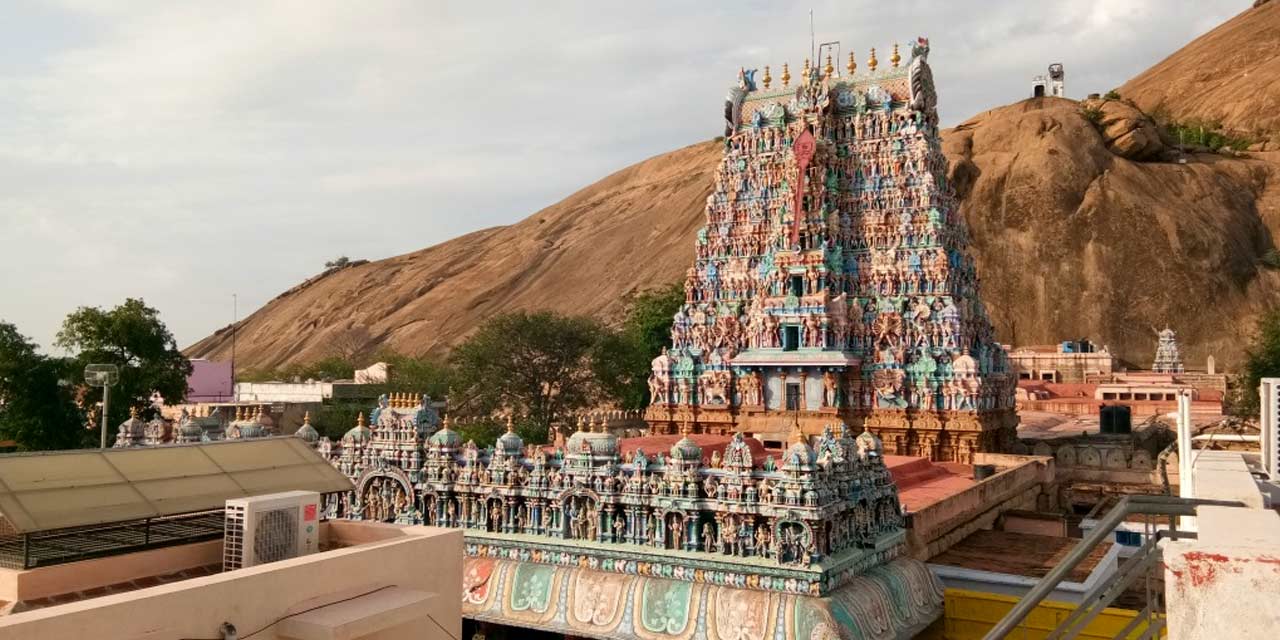
Thirupparamkunram Murugan Temple
A rock-cut temple considered one of the six abodes of Lord Murugan, nestled against a hill and rich with mythological significance.
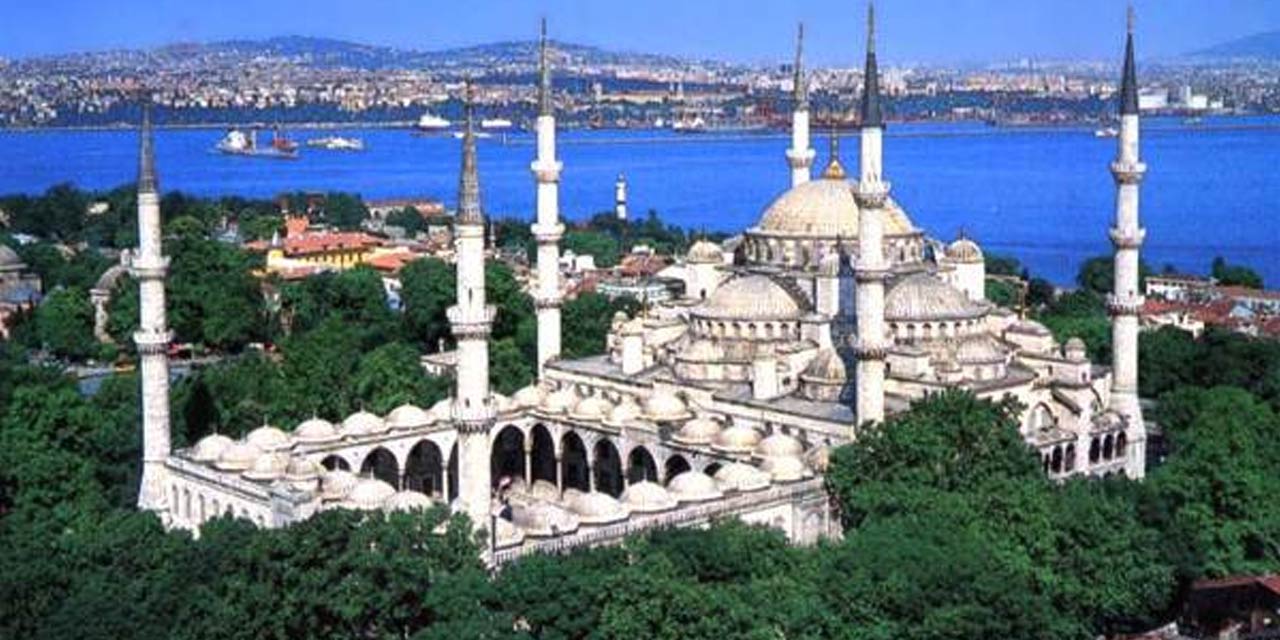
Kazimar Big Mosque
Founded in the 13th century, it is one of the oldest mosques in Madurai, showcasing Islamic architecture and peaceful prayer halls.
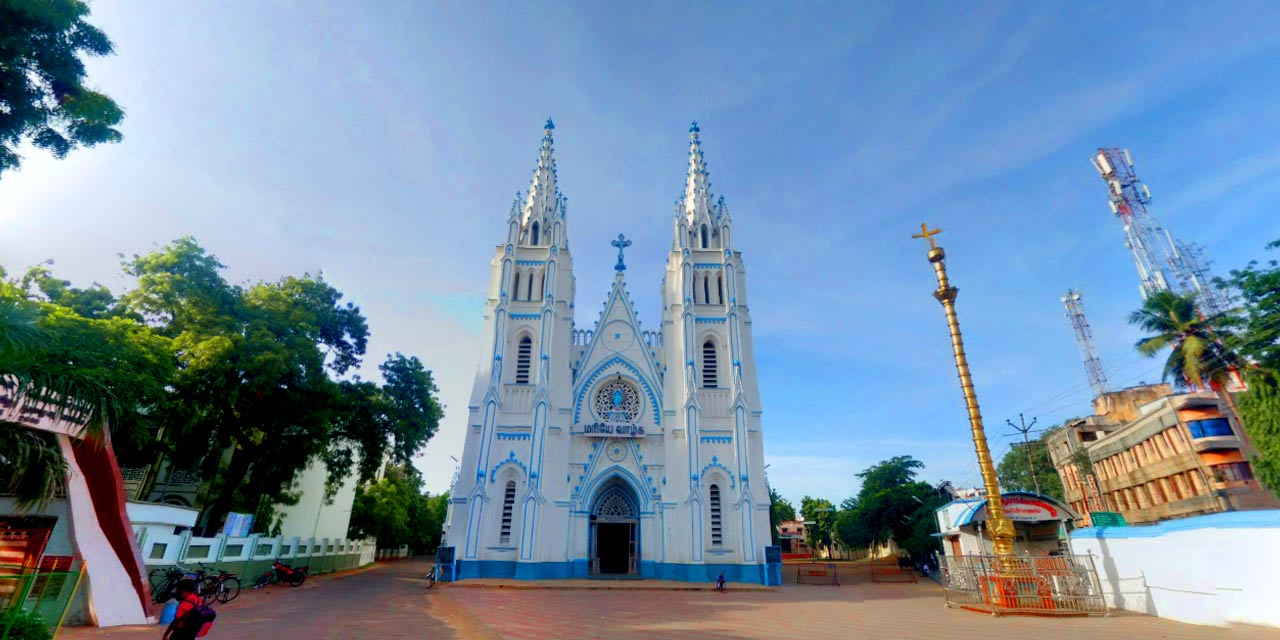
St. Mary’s Cathedral
A beautiful blend of European and Roman architecture, this vibrant church offers a serene atmosphere in the heart of Madurai.
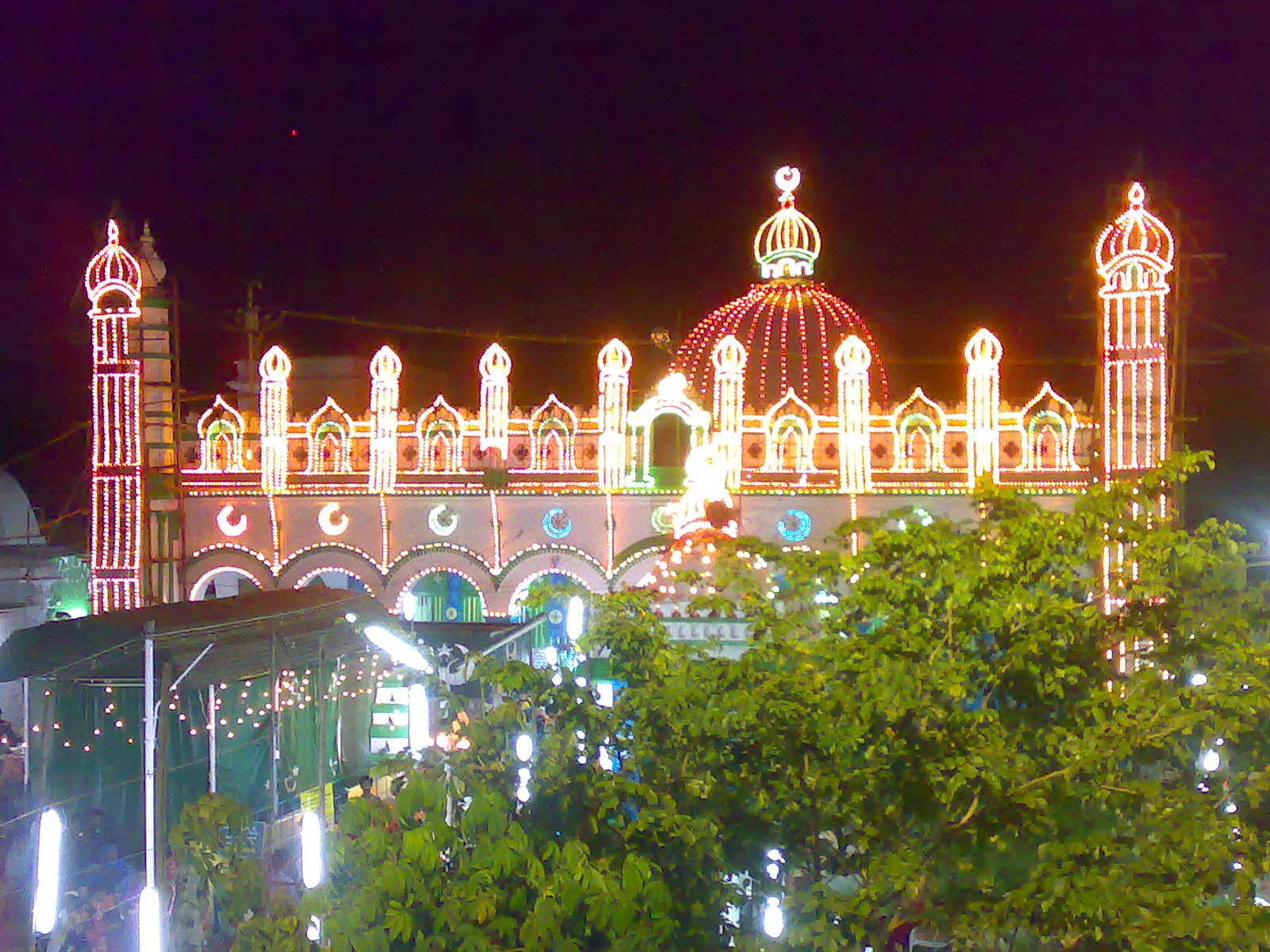
Goripalayam Dargah
A significant Islamic monument with a huge dome and Persian inscriptions, known for its tranquil setting and historic value.
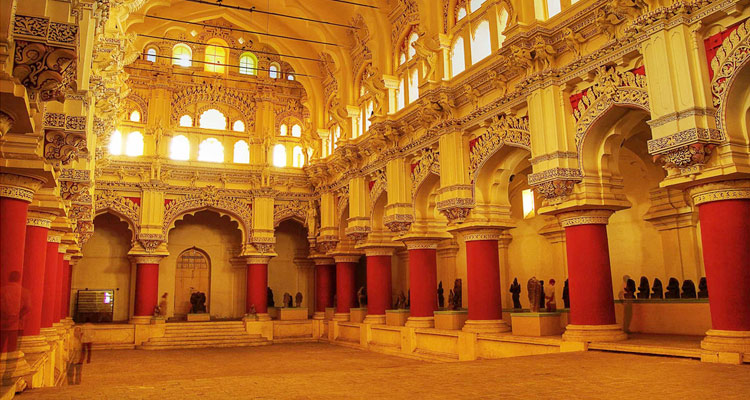
Thirumalai Nayakkar Palace
Built in the 17th century by King Thirumalai Nayak, this palace is a stunning example of Indo-Saracenic architecture. Once the royal residence, it now showcases grand halls, massive pillars, and intricately carved arches. The courtyard is vast, and the structure blends Dravidian, Islamic, and European styles seamlessly.
Though only part of the original palace remains, it still retains its regal charm. A light and sound show in the evening narrates the history of Madurai and the Nayak dynasty.
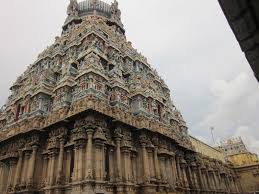
Koodal Azhagar Temple
Located in the center of Madurai, Koodal Azhagar Temple is a sacred shrine dedicated to Lord Vishnu. It is one of the 108 Divya Desams (holy temples) mentioned in Vaishnavite texts. The temple’s unique feature is the three postures of Vishnu—sitting, standing, and reclining—displayed in different tiers.
The architecture is detailed, with vibrant sculptures and fine carvings on the inner sanctum. This temple is not as crowded as Meenakshi Temple, offering a more peaceful spiritual experience. It beautifully reflects Madurai’s deep-rooted Vaishnavite culture.
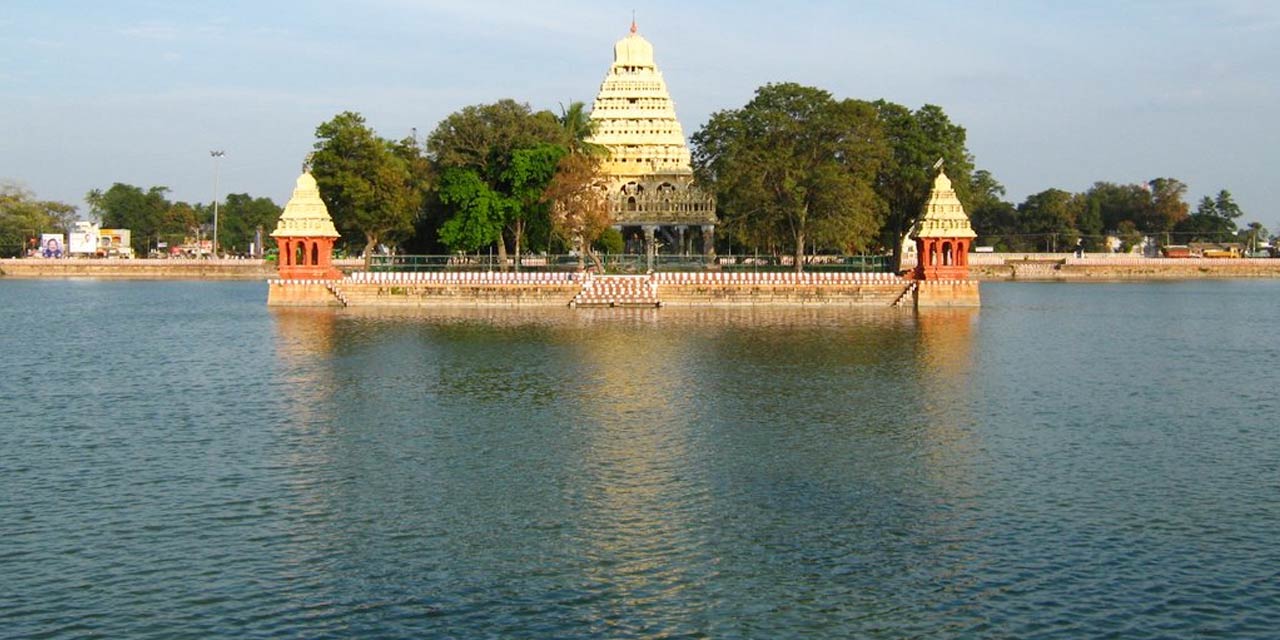
Vandiyur Mariamman Teppakulam
A large temple tank known for its float festival, offering peaceful surroundings and reflection of nearby temples.
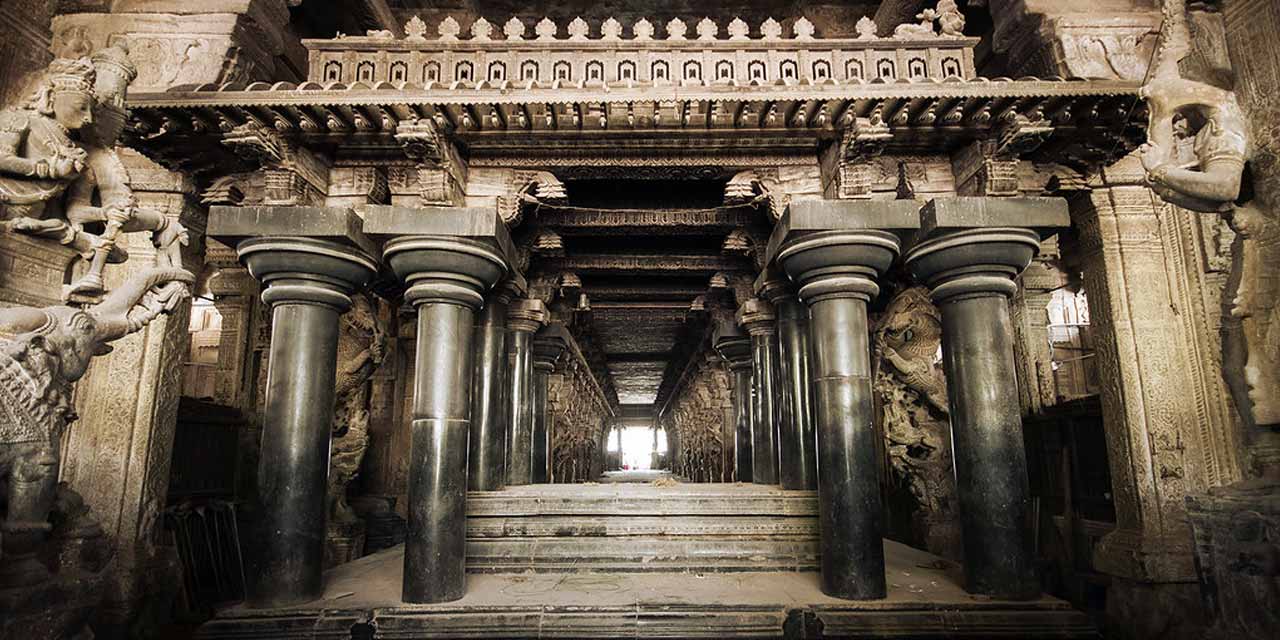
Puthu Mandapam
An old pillared hall near Meenakshi Temple, now home to local tailors and handicraft vendors—perfect for a quick cultural shopping experience.
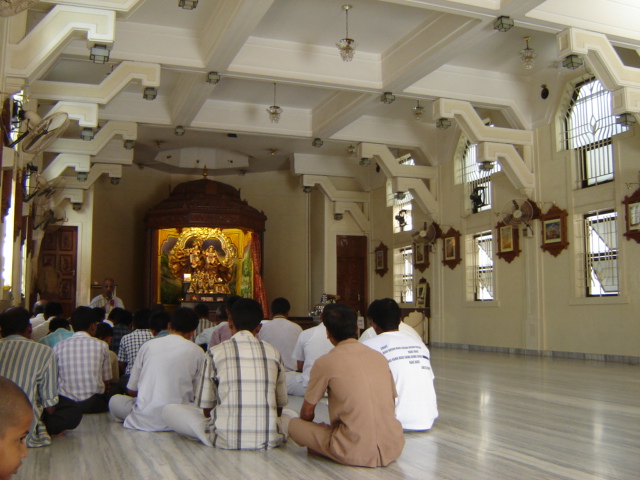
ISKCON Madurai
A peaceful, modern temple dedicated to Lord Krishna with regular bhajans, spiritual talks, and vegetarian food offerings.
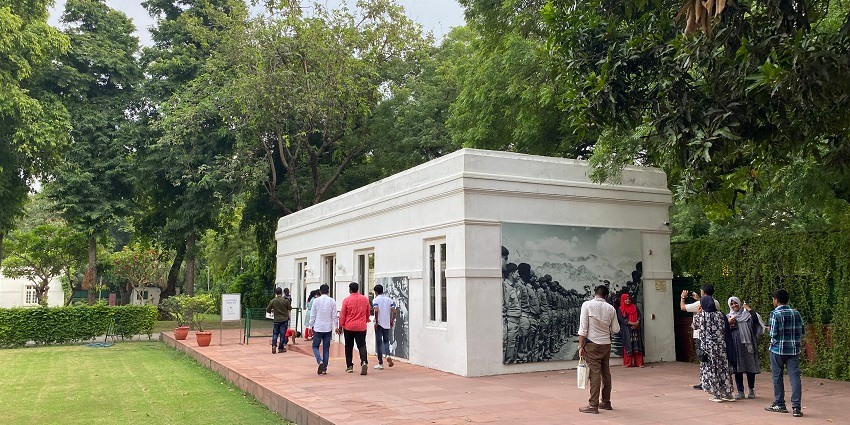
Gandhi Memorial Museum
One of the five major Gandhi museums in India and offers a deep insight into the life and legacy of Mahatma Gandhi. Housed in the historic Tamukkam Palace, the museum displays rare photographs, letters, and personal belongings of Gandhi. A key highlight is the blood-stained dhoti he wore on the day of his assassination, preserved as a symbol of sacrifice.
The exhibits chronicle India’s freedom struggle through detailed panels and timelines. The museum also features a section dedicated to Madurai’s role in the independence movement. It’s a powerful, educational stop for anyone interested in Indian history and Gandhian philosophy.
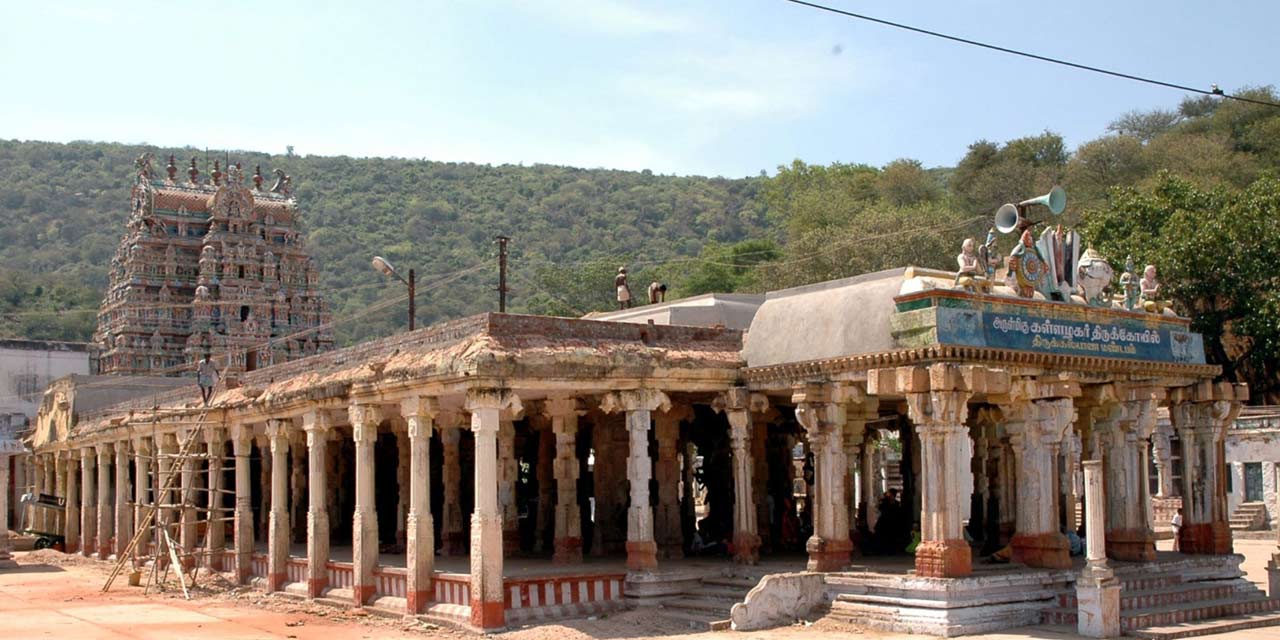
Azhagar Kovil
Situated about 21 km from Madurai, Azhagar Kovil is a revered temple nestled at the foot of the Alagar Hills. It is dedicated to Lord Vishnu, worshipped here as Sundararaja Perumal (Alagar). The temple is surrounded by lush greenery and offers a tranquil spiritual escape from the city. The Chithirai festival, where the deity is brought to Madurai, is a major local celebration.
The architecture is ancient and detailed, featuring stone carvings and sculptures. The scenic hill backdrop adds a divine charm to this holy site.
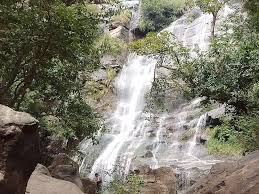
Kutladampatti Falls
A lesser-known waterfall and trekking spot surrounded by dense forest. Great for weekend adventure and nature photography.
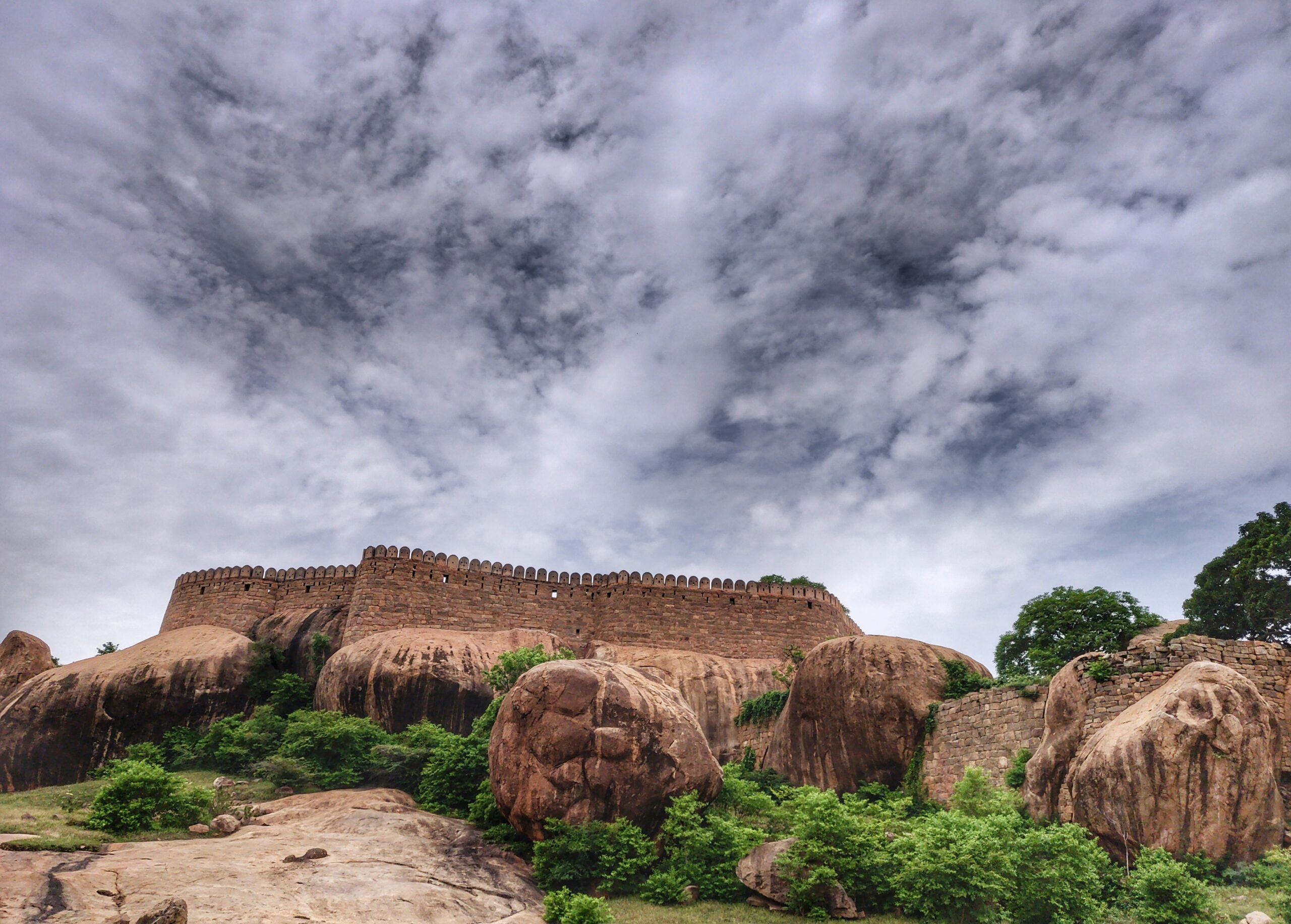
Thirumayam Fort
A historic fort with ancient rock-cut shrines and panoramic hilltop views, maintained by the Archaeological Survey of India.
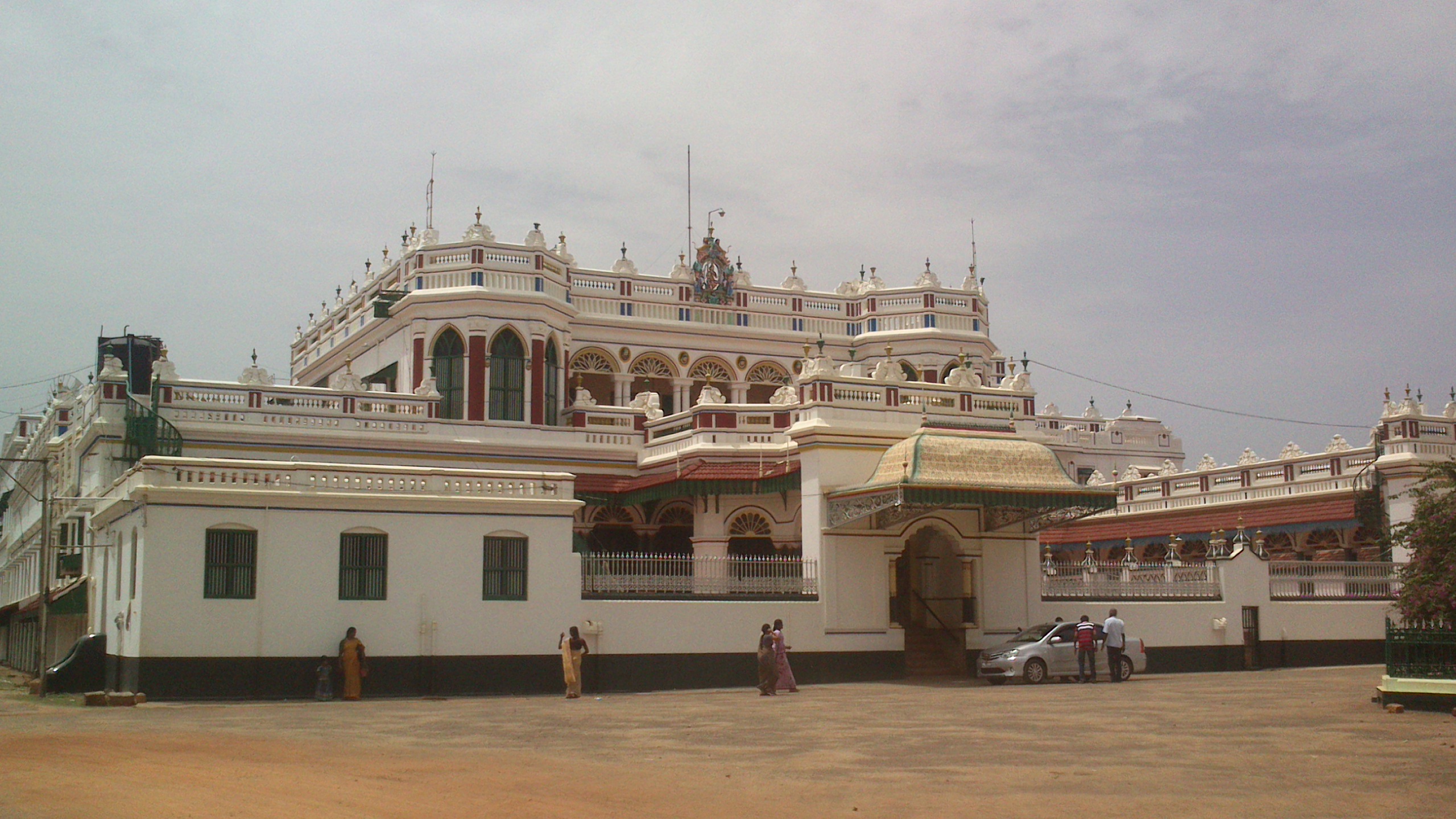
Chettinad Karaikudi
Known for its palatial mansions, tile work, and spicy cuisine—this cultural detour is worth the drive.
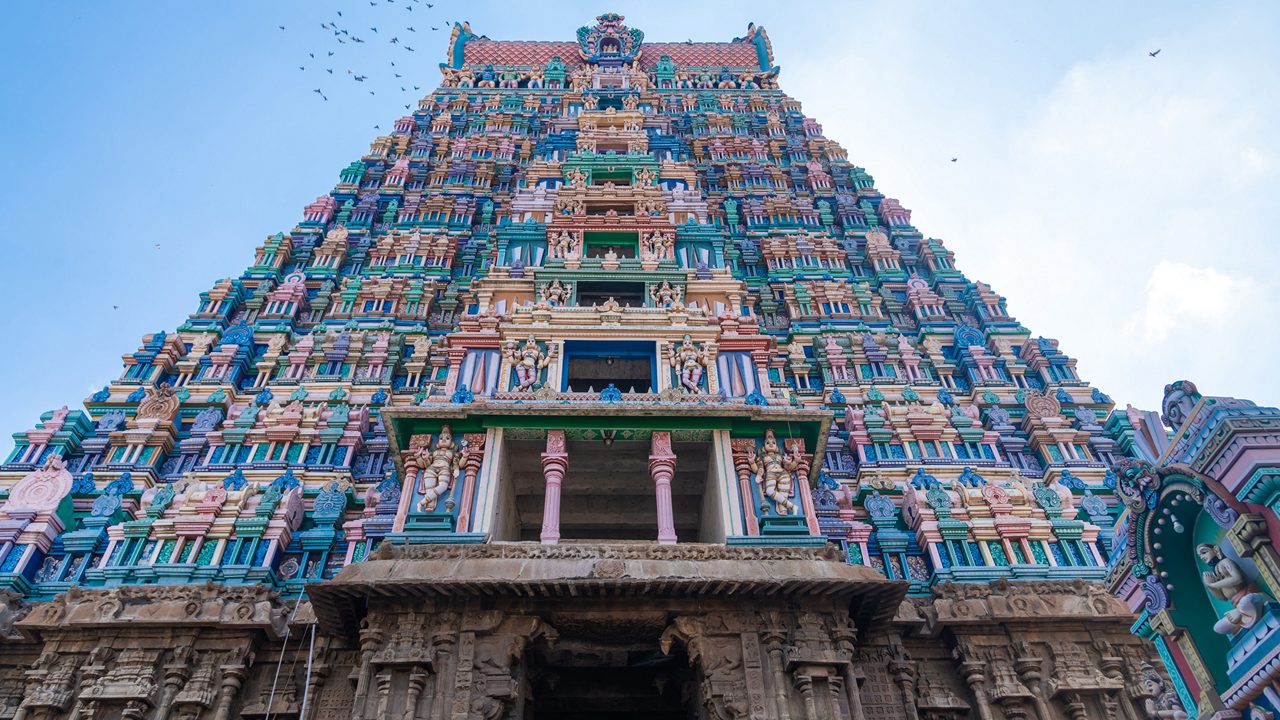
Srivilliputhur Andal Temple
Famous for its tall gopuram and devotion to Goddess Andal, this temple is a pilgrimage and architectural landmark.
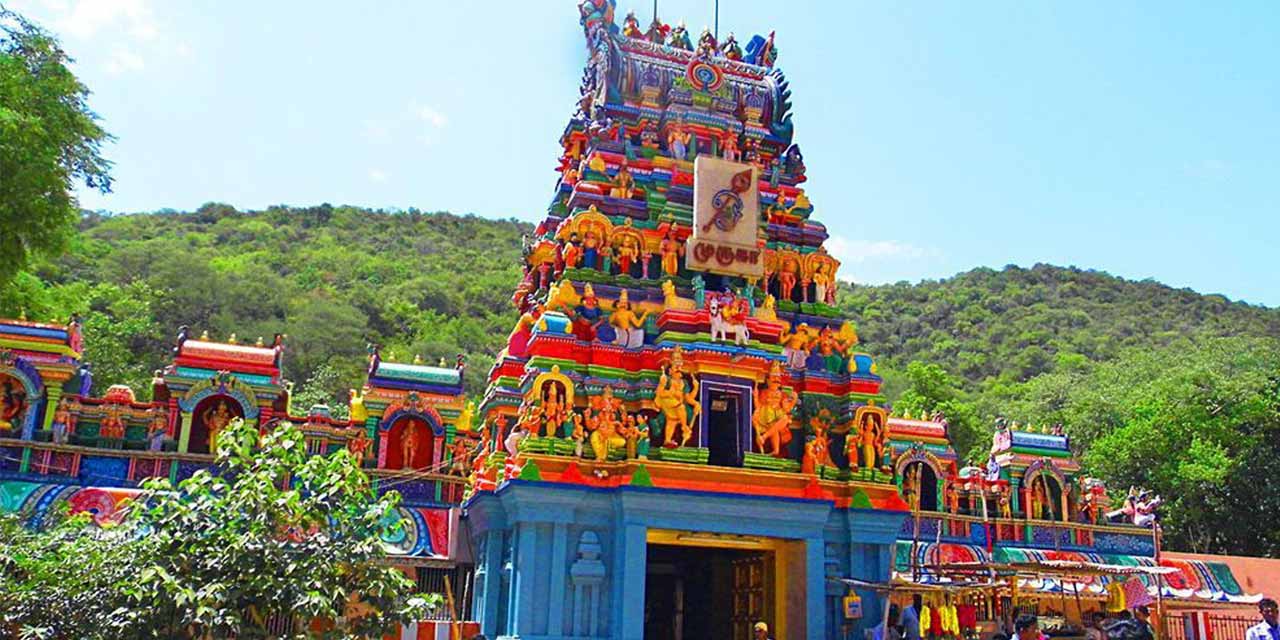
Pazhamudhir Solai
Located on a forested hill near Azhagar Kovil, Pazhamudhir Solai is one of the six sacred abodes (Arupadai Veedu) of Lord Murugan. The temple is surrounded by dense trees, small streams, and a peaceful natural setting. Unlike most temples, this one has a modern structure but holds immense spiritual value.
Devotees climb the steps through the forest path to reach the shrine, making the journey part of the experience. The calm and silence here allow for quiet reflection and prayer. It’s perfect for combining spiritual devotion with nature.
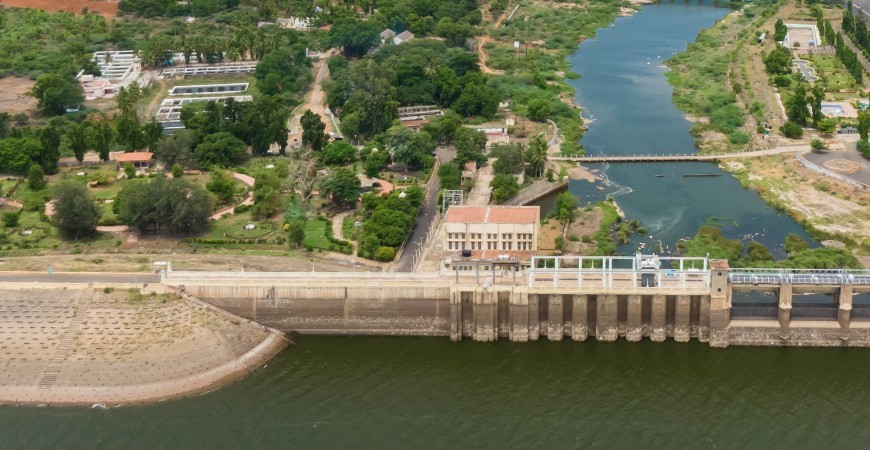
Vaigai Dam
A massive dam with a well-maintained park and weekend light shows—ideal for a day trip or family picnic.
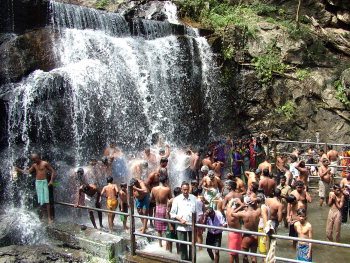
Suruli Falls
A scenic two-tiered waterfall in the Western Ghats, perfect for nature lovers. Monsoon is the best time to visit.
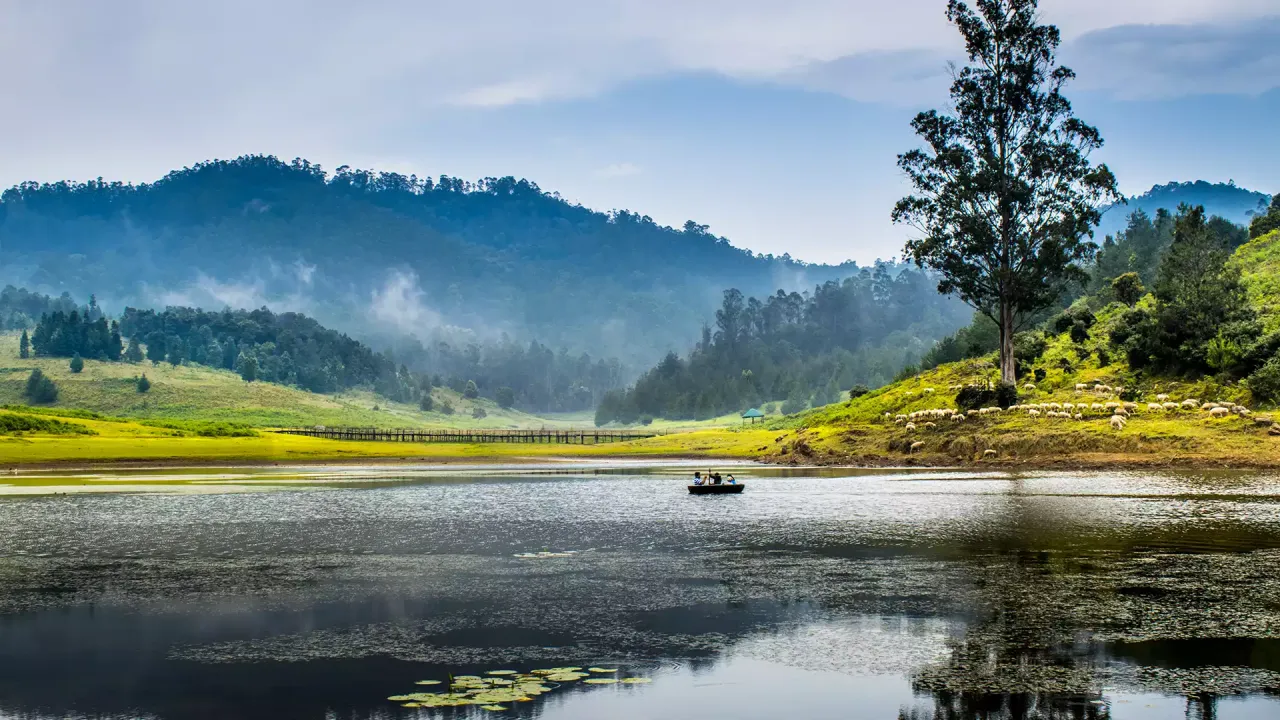
Kodaikanal
A serene hill station with lakes, pine forests, and scenic valleys. A refreshing escape from Madurai’s summer heat.

Samanar Hills
Just a few kilometers from Madurai, Samanar Hills is a historic site with ancient Jain influence. It features rock-cut caves, inscriptions, and carvings dating back over 2,000 years. The site was once home to Tamil Jain monks who meditated here in solitude. A short trek leads to panoramic views of Madurai city and surrounding villages.
The site is lesser known, so it remains peaceful and uncrowded—ideal for history lovers and photographers. It’s a quiet place where nature, history, and spirituality coexist beautifully.
Madurai Blogs
- Tamil Nadu Cultural guide
- Places to visit in Madurai
- Places to visit nearby Madurai
- India’s most popular destination
- India’s archaeological marvels
Recommended articles
- Tamil Nadu Cultural guide
- Places to visit in Madurai
- Places to visit nearby Madurai
- India’s most popular destination

